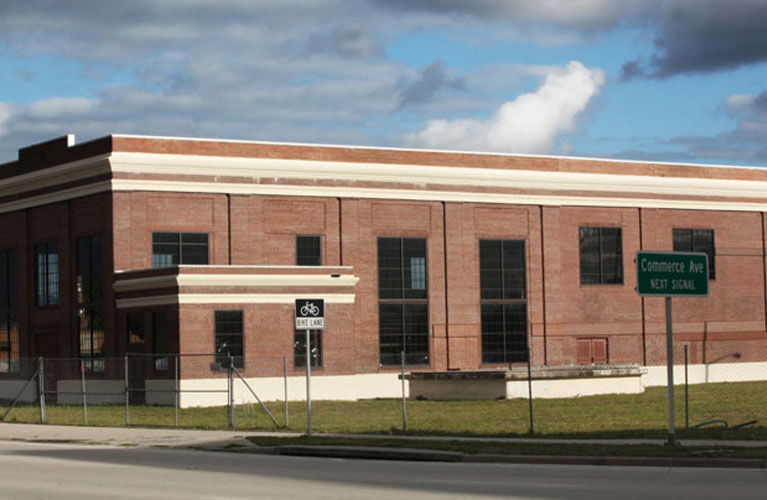
Even as the final hurdles were cleared this month for the city of Vero Beach to complete the sale of its historic diesel plant, a long-anticipated civil trial involving the city and the plant’s former tenant is expected to begin Friday.
Filed nearly three years ago, the suit and countersuit involve more than $1 million in renovations for which developers claim the city should reimburse them. For its part, the city is asking for $70,000 it says the developers owe in back rent.
At issue is a 45-year lease signed in 2001 by B-B Redevelopment Team, originally owned by local builder Phil Barth and attorney Charles Block, and now owned by Barth and builder David Croom.
The city claims B-B owes rent from November 2008 through the date the suit was filed, November 2013. The developers dispute that rent should have ever started, saying the lease called for payments to begin only after the city finished cleaning up environmental contamination at the plant.
The city says the reason developers stopped working on the project was not contamination but the tanking economy.
For decades huge generators housed in the brick building burned diesel fuel to supply the city with electricity. In addition to removing lead paint and asbestos, the city was supposed to reduce diesel-related toxins on the property to levels considered safe.
Government certification of the cleanup’s completion was never received, the tenants claim.
Instead the city was given a designation of “no further action required” in 2005, when contamination levels were low enough for the state to agree to a plan to let nature clear the rest – a process called “natural attenuation.” That designation came with the caveat that the city continue to monitor test wells on the site.
The city maintains that designation meant the $600,000 cleanup was adequate to begin construction, and by its judgment, the clock started to run on the lease’s three-year rent grace period for the developers. According to the city, B-B Development should have started paying rent in 2008, at the end of the grace period, but no rent was ever received.
Soon after the “no further action” designation, work began in earnest on the plant, shoring up its façade, removing out-buildings and replacing windows. In their offices next door to the plant, Barth and Croom staged a catered cocktail party to announce their plans: a two-level complex of shops, offices and restaurants, revealed in a video to invited officials and business owners.
By the time work stopped on the project, B-B had sunk more than $1 million into the project, the developers claim. They now want to be reimbursed by the city for those improvements. They claim they couldn’t lease the building until the cleanup was complete.
Last summer, B-B’s own environmental study found levels of petrochemical contamination had somehow risen again to unacceptable levels, strengthening the company’s claim.
The city in turn hired its own consulting to re-test the property, and it too found contamination. Responsibility for that cleanup will fall to the new buyer, assuming the deal goes through next month.
The developers’ earlier allegation of fraudulent misrepresentation is no longer at issue; the city won a summary judgment on that count in late February from Circuit Judge Cynthia Cox.
The other count, for breach of contract, still stands.
Cox has since recused herself from the case, as have the rest of the judges in the 19th Circuit due to the appointment of Janet Croom, plaintiff David Croom’s wife, as a judge in the same court.
The upcoming trial will be held in Vero but will be heard by 18th Circuit Chief Judge John Galluzzo of Oviedo. The 18th Circuit includes Seminole and Brevard counties.
Meanwhile, the city is looking forward to closing on the pending sales contract with the plant’s new buyer, Fort Lauderdale developer Michael Rechter. He has agreed to assume responsibility for monitoring the contamination and future cleanup, if needed.
Rechter plans to turn the historic building into a craft brewery, for which the city granted a required zoning change earlier this month. The deal should close next month.



